
OR
India starts world’s largest COVID-19 vaccination drive
Published On: January 16, 2021 12:48 PM NPT
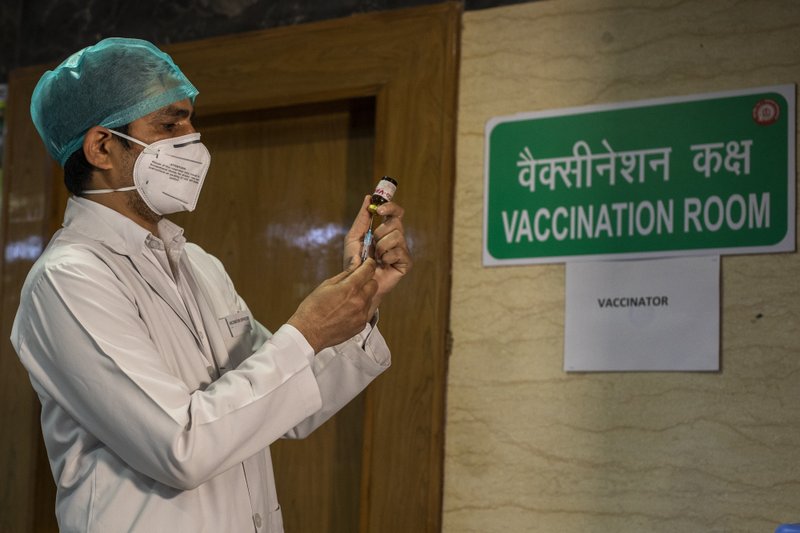
NEW DELHI, Jan 16: India started inoculating health workers Saturday in what is likely the world’s largest COVID-19 vaccination campaign, joining the ranks of wealthier nations where the effort is already well underway.
The country is home to the world’s largest vaccine makers and has one of the biggest immunization programs. But there is no playbook for the enormity of the challenge.
Indian authorities hope to give shots to 300 million people, roughly the population of the U.S and several times more than its existing program that targets 26 million infants. The recipients include 30 million doctors, nurses and other front-line workers to be followed by 270 million others, who are either aged over 50 or have illnesses that make them vulnerable to COVID-19.
The first dose of a vaccine was administered to a health worker at All Indian Institute of Medical Sciences in the capital New Delhi, after Prime Minister Narendra Modi kickstarted the campaign with a nationally televised speech. Priority groups across the vast country, from the Himalayan mountains to the Andaman Islands in the Bay of Bengal, began receiving it shortly after.
“We are launching the world’s biggest vaccination drive and it shows the world our capability,” Modi said in his address. He implored citizens to keep their guard up and not to believe any “rumors about the safety of the vaccines.”
It was not clear if Modi, 70, has taken the vaccine himself like other world leaders as an example of the shot’s safety. His government has said politicians will not be considered priority groups in the first phase of the rollout.
Health officials haven’t specified what percentage of the nearly 1.4 billion people will be targeted by the campaign. But experts say it will almost certainly be the largest such drive globally.
The sheer scale has its obstacles. For instance, India plans to rely heavily on a digital platform to track the shipment and delivery of vaccines. But public health experts point out that the internet remains patchy in large parts of the country, and some remote villages are entirely unconnected.
Around 100 people will be vaccinated in each of the 3,006 centers across the country on the first day, the Health Ministry said this week.
India gave nod for emergency use of two vaccines, one developed by Oxford University and U.K.-based drugmaker AstraZeneca, and another by Indian company Bharat Biotech, on Jan. 4. Cargo planes flew 16.5 million shots to different Indian cities last week.
Health experts worry that the regulatory shortcut taken to approve the Bharat Biotech vaccine without waiting for concrete data that would show its efficacy in preventing illness from the coronavirus could amplify vaccine hesitancy. At least one state health minister has opposed its use.
India’s Health Ministry has bristled at the criticism and says the vaccines are safe, but maintains that health workers will have no choice in deciding which vaccine they would get themselves.
According to Dr. S.P. Kalantri, the director of a rural hospital in Maharashtra, India’s worst-hit state, such an approach was worrying because he said the regulatory approval was hasty and not backed by science.
“In a hurry to be populist, the government (is) taking decisions that might not be in the best interest of the common man,” Kalantri said.
Against the backdrop of the rising global COVID-19 death toll — it topped 2 million on Friday — the clock is ticking to vaccine as many people as possible. But the campaign has been uneven.
In wealthy countries including the United States, Britain, Israel, Canada and Germany, millions of citizens have already been given some measure of protection with at least one dose of vaccine developed with revolutionary speed and quickly authorized for use.
But elsewhere, immunization drives have barely gotten off the ground. Many experts are predicting another year of loss and hardship in places like Iran, India, Mexico and Brazil, which together account for about a quarter of the world’s deaths.
India is second to the U.S. with 10.5 million confirmed cases, and ranks third in the number of deaths, behind the U.S. and Brazil, with 152,000.
Over 35 million doses of various COVID-19 vaccines have been administered around the world, according to the University of Oxford.
While the majority of the COVID-19 vaccine doses have already been snapped up by wealthy countries, COVAX, a U.N.-backed project to supply shots to developing parts of the world, has found itself short of vaccine, money and logistical help.
As a result, the World Health Organization’s chief scientist warned it is highly unlikely that herd immunity — which would require at least 70% of the globe to be vaccinated — will be achieved this year. As the disaster has demonstrated, it is not enough to snuff out the virus in a few places.
“Even if it happens in a couple of pockets, in a few countries, it’s not going to protect people across the world,” Dr. Soumya Swaminathan said this week.
You May Like This
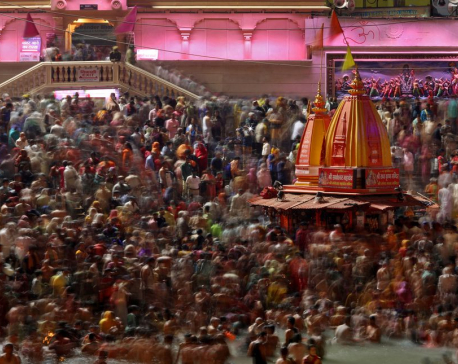
Analysis: India shifts from mass vaccine exporter to importer, worrying the world
INDIA, April 16: After gifting and selling tens of millions of COVID-19 vaccine doses abroad, India suddenly finds itself short... Read More...
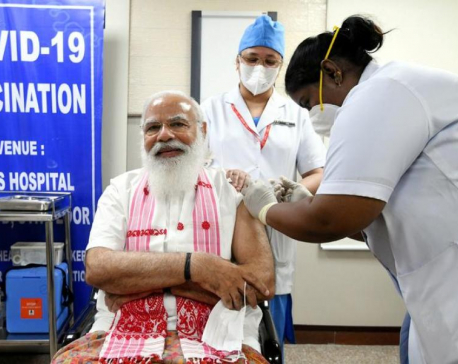
Modi takes home-grown vaccine as India widens immunisation drive
NEW DELHI, March 1: Indian Prime Minister Narendra Modi was inoculated with the first dose of a home-grown coronavirus vaccine... Read More...
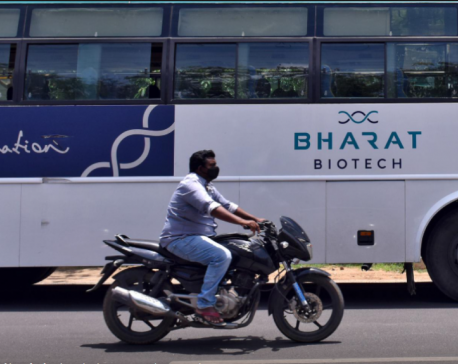
Bharat Biotech says approved COVID shot trials 'honest'
BENGALURU, Jan 5: A top executive at an Indian biotechnology company defended its COVID-19 vaccine candidate, approved for emergency use... Read More...



Just In
- WB to take financial management lead for proposed Upper Arun Project
- Power supply to be affected in parts of Kathmandu Valley today as NEA expedites repair works
- Godepani welcomes over 31,000 foreign tourists in a year
- Private sector leads hydropower generation over government
- Weather expected to be mainly fair in most parts of the country today
- 120 snow leopards found in Dolpa, survey result reveals
- India funds a school building construction in Darchula
- Exploring opportunities and Challenges of Increasing Online Transactions in Nepal







_20220508065243.jpg)


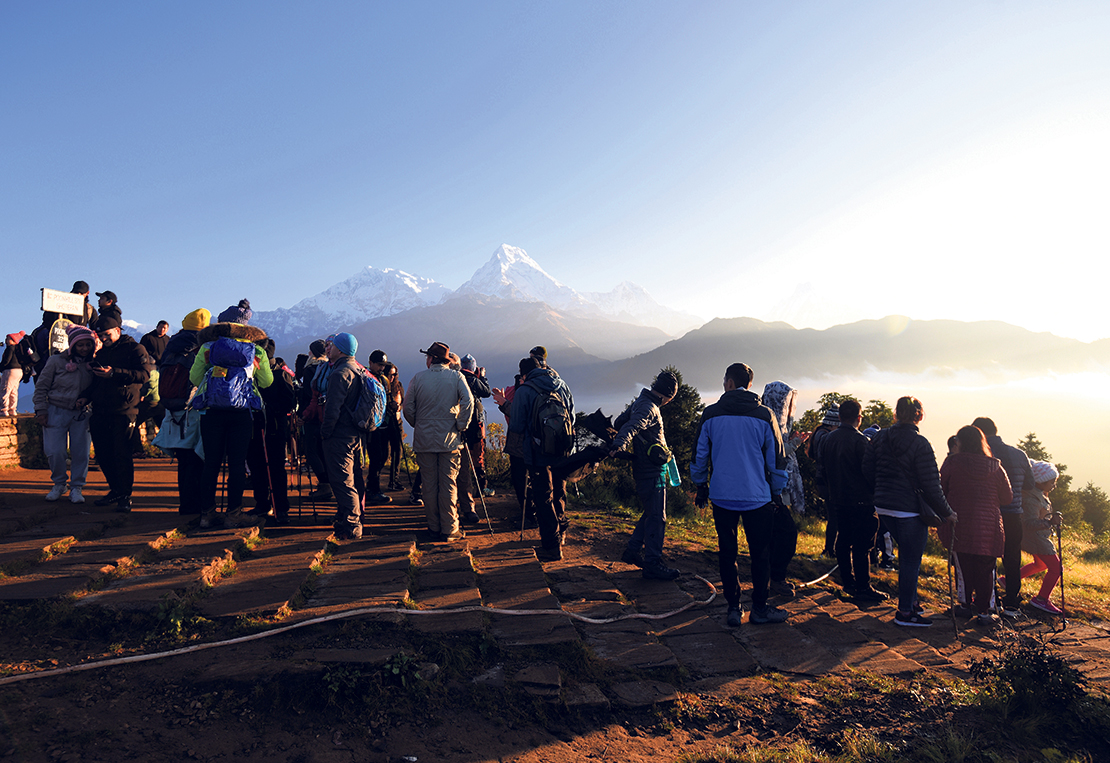


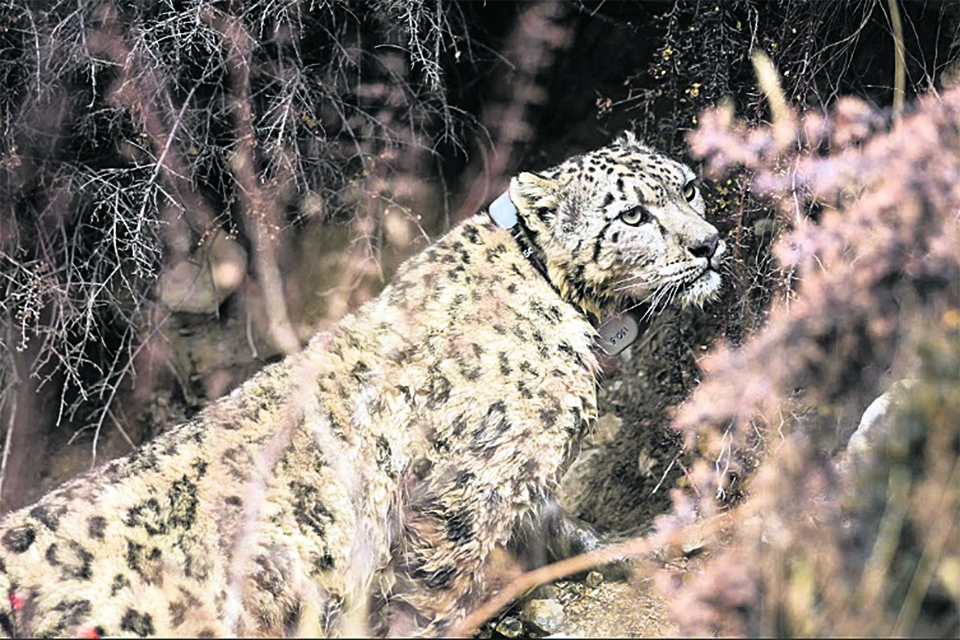
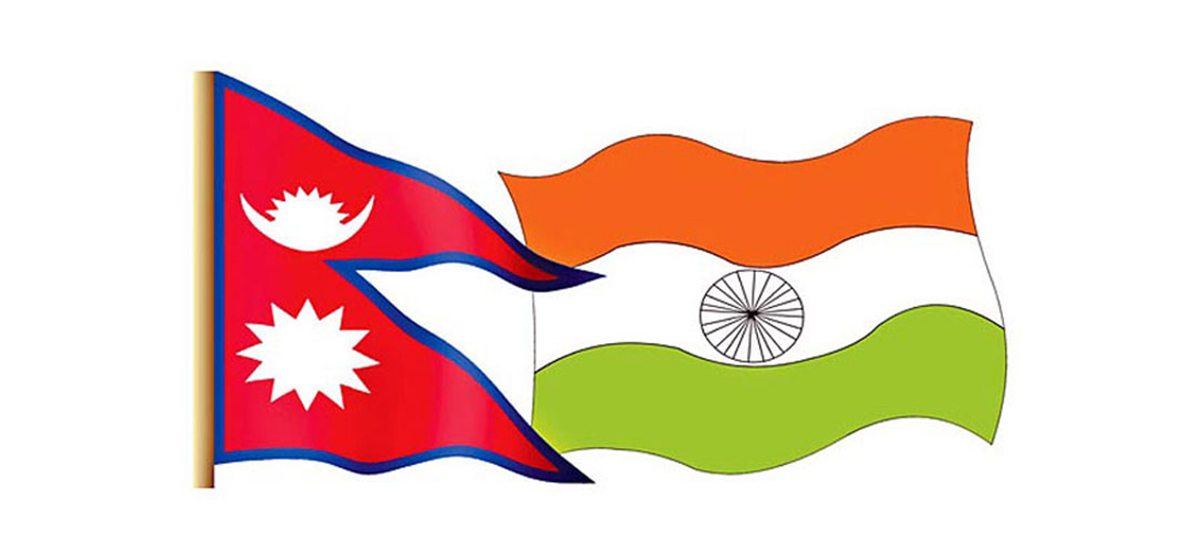

Leave A Comment